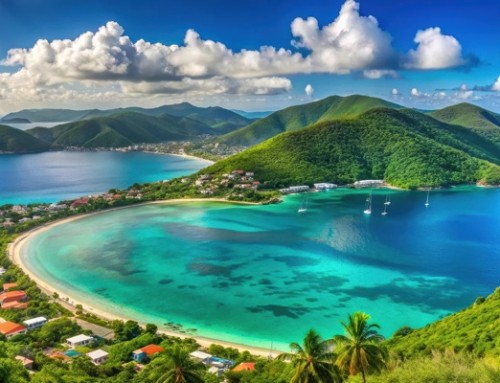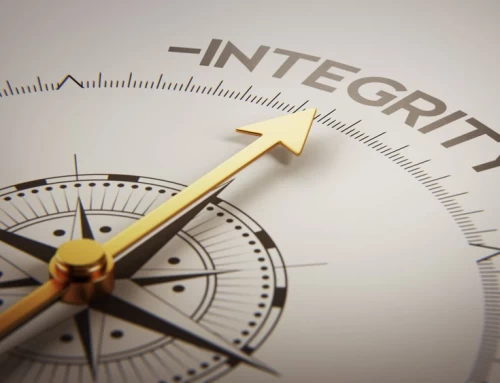Hurricanes are a fact of life at certain times of the year, in particular in the Florida and Caribbean region. If you’re working in that part of the world, be assured that many will be downgraded to tropical storm status and fade away, or not pass by your Island at all, and very fierce ones are by their very nature rare.
That said, if a powerful hurricane such as Irma – which is currently making its way across the Caribbean towards the East Coast – does decide to pay your Island a visit, it can wreak havoc in many ways: lashing winds combine with very heavy rain and storm surges which can cause a lot of damage.
Here are some tips on how to stay safe:
Before the hurricane arrives
- You’ll always get plenty of notice (from the media and your employer) before a hurricane hits. If it’s expected to be a strong one, your office will be closed from before it arrives until after it passes; if it is expected to be an extremely serious event, evacuation to another Island or the mainland is likely to occur
- You can prepare for the hurricane by stocking up on emergency supplies including food, fresh water (suggestion: fill the bath beforehand), all-weather clothing, any necessary medication/first aid, batteries and flashlights
- You can also remove or bring inside any outdoor items (e.g. patio furniture, scooter) that could blow away or otherwise get damaged
During the storm
- As the storm unfolds, listen to local authorities on radio, TV or online for updates. Improved technology has made hurricane forecasting more accurate than ever before but it’s not yet a perfect science
- Get inside the most secure building possible and stay away from windows. If you have a basement, this could be the safest place; if you don’t, shelter in the innermost closet or bathroom
- A lull often signifies the eye of the storm—not its end. Anyone riding out a hurricane should wait for the authorities to announce that the danger has passed before venturing outside
After the hurricane
- Understand and expect that power will go out for some hours or even several days, depending on the storm’s intensity
- Have your emergency kit handy for anything that could happen
- After the winds have settled, be mindful of dangerous situations such as downed power lines or broken gas pipes. Be alert for neighbours in need of assistance: help where you can but call the authorities if a problem is simply beyond your abilities
In conclusion
- Storms and hurricanes are to be expected in the late summer period in this part of the world. There will always be adequate advance notice of a potentially serious event, which makes preparing for it easier. Be sensible, stay informed, help others… and the worst should be avoided







Leave A Comment
You must be logged in to post a comment.